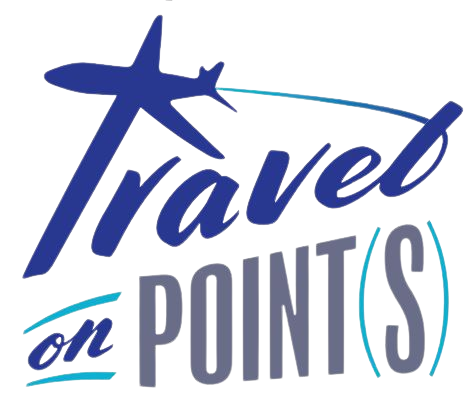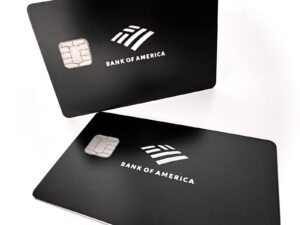Tips For Dealing with Banks
As award travelers, we're always interacting with banks and credit card issuers. This can involve applying for a new card, trying to a retention offer, or trying to earn points in a myriad of other ways. Because of this, it's important to maintain a healthy relationship with banks and avoid setting off any red flags that could sour that relationship. So below we assembled a number of tips for dealing with banks to help you in your award travel journey.
Table of Contents
ToggleToP 5 Tips for Dealing with Banks
Some of these tips might sound obvious. But we have seen lots of folks in our Facebook group mention how they were doing some of the things listed below without having any idea that they were problematic.

1. Don't Ever Lie
Let's get the obvious tip for dealing with banks out of the way. There is no faster way to jeopardize or ruin a relationship than by lying. This goes for banks too. Lying on a credit card application (such as by inflating your income) or claiming you didn't actually make some big purchase that you did make are obviously non-starters. You want banks to be on your side if you ever run into trouble, like if you lose your card while abroad or if your card gets stolen and the thief goes on a shopping spree. Don't ruin your relationship with a financial institution over some short-sighted goal.
This is why we emphasize this point in every Beginner Zoom session.
2. Don't Close a Credit Card in the First Year
This tip for dealing with banks is almost as bad as lying. Closing a credit card that you just opened raises huge red flags for banks. Doing this shows the bank that you are not a reliable customer and makes it clear that you were just after that card's welcome offer.
If you are not satisfied with your credit card, then wait until the annual fee posts and try one of the many options we describe in this article. These include trying for a retention offer or downgrading to a card with no annual fee.

3. Don't Self-Refer
Self-referring means referring yourself for a credit card welcome offer or a checking/saving account bonus. This is a big no-no with banks, and one of the tips for dealing with banks that has put many in a bad spot.
It's perfectly fine to refer your spouse or P2 and have them refer you. But you should never be on both ends of a referral. This also applies if you are referring among different businesses that you may own. For example, generating a credit card referral from a card you have with your LLC so you can apply as a sole proprietor is still a no-go.
4. Avoid Cycling Through Your Credit
Cycling through your credit means spending beyond your credit limit within a credit cycle. For example, say your credit card has a $5,000 credit limit. You spend $5,000 on that card and pay it off immediately, and then use that card for additional purchases all within the same month. This is cycling. You cycled through your credit and were able to spend more than the $5,000 credit limit the bank gave you.
This behavior can raise red flags for banks because you are spending more than the credit limit the bank gave you. When banks approve people for new cards, they determine the amount of risk they are willing to expose themselves with that customer. Customers with higher credit limits are generally viewed as more creditworthy and reliable in the eyes of the banks.
By cycling through your credit, you are second-guessing the bank's assessment of your credit profile. That is why it made it on as one of our tips for dealing with banks.

5. Watch Out for Cash Advance Charges
Simply put, cash advance is a credit card transaction that withdraws cash instead of actually purchasing something. You can do these at ATMs, for example. But sometimes, charges for some purchases or services can code as cash advance. This includes using a credit card to send money to somebody else such as through Venmo or other P2P payment services.
Cash advance charges incur huge interest fees, so you definitely don't want any of those.
ToP tip: To avoid unexpected cash advance charges, call the number on the back of your card to set the cash advance limit on your card as low as possible.
Tips For Using Credit Cards: ToP Thoughts
Falling out of a bank's good graces can make life much harder in award travel. After all, we need to work with different banks and card issuers to earn the points that enable our traveling. Hopefully these tips for dealing with banks help you avoid these pitfalls, so you can continue to earn points and travel the world!








